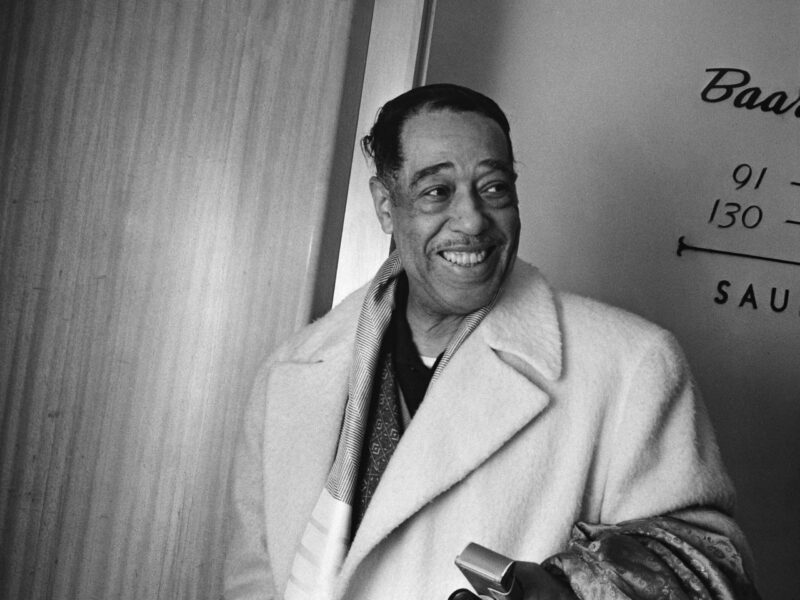“I believe that today we’re facing a psychological epidemic, one in which people no longer realize it’s okay for things to suck sometimes.” – Mark Manson
Not sure, but I think I first noticed this book several months ago in the Urban Outfitters store on Madison Ave in midtown Manhattan. I chuckled when I saw the cover without bothering to crack it for a quick browse. Then that Baader-Meinhof thing kicked in and I started seeing it everywhere. So, on New Year’s Day I downloaded it for the flight from Cancun and finished it off before landing at Maine’s one and only International Jetport.
This is a great book.
The titles of the first three chapters support the book’s subtitle: “A Counterintuitive Approach to Living a Good Life.” They also trample on much that is held sacred by our contemporary popular culture:
- “Don’t Try.”
- “Happiness is a Problem”
- “You Are Not Special”
A few pages in, the author introduces “The Feedback Loop from Hell:”
Now here’s the problem: Our society today, through the wonders of consumer culture and hey-look-my-life-is-cooler-than-yours social media, has bred a whole generation of people who believe that having these negative experiences – anxiety, fear, guilt, etc. is totally not okay… Meanwhile, you’re stuck at home flossing your cat. And you can’t help but think your life sucks even more than you thought.
Using two bold-print sentences, he goes on to explain what’s wrong with what he calls “all of the ‘How to Be Happy’ shit that’s been shared eight million times on Facebook in the past few years:
The desire for more positive experience is itself a negative experience. And, paradoxically, the acceptance of one’s negative experience is itself a positive experience.”
Manson maintains that:
The Feedback Loop from Hell has become a borderline epidemic, making many of us overly stressed, overly neurotic, and overly self-loathing.
Back in Grandpa’s day, he would feel like shit and think to himself, “Gee whiz, I sure do feel like a cow turd today. But hey, I guess that’s just life. Back to shoveling hay.”
But now? Now if you feel like shit for even five minutes, you’re bombarded with 350 images of people totally happy and having amazing f*cking lives, and it’s impossible to not feel like there’s something wrong with you.”
Turning to our societal preoccupation with happiness, he suggests that our pursuit of the problem-free life is not only a mirage, it leads to two even bigger problems: 1) denial; 2) victim mentality.
He writes, “We like to believe that there’s some form of ultimate happiness that can be attained. We like the idea that we can alleviate all of our suffering permanently. We like the idea that we can feel fulfilled and satisfied with our lives forever… But we cannot.”
In perhaps the book’s most memorable sentence, Manson bluntly insists that “The path to happiness is a path full of shitheaps and shame.” However, he is careful not to fall in with the grit camp: “This is not about willpower or grit. This is not another admonishment of ‘no pain, no gain.’ This is the most simple and basic component of life: our struggles determine our successes. Our problems birth our happiness, along with slightly better, slightly upgraded problems.”
So, the goal is not to eliminate all problems, but rather, it is to traffic in a better set of problems.
As one who has long preached that the most useless thing ever said to a teenager is “You are a bright kid who doesn’t apply himself,” I had to resist standing up and cheering for his “You Are Not Special” chapter. Deriding our nationally omnipresent cult of self-esteem, he observes, “…the data is in: we’re not all exceptional. It turns out that merely feeling good about yourself doesn’t really mean anything unless you have a good reason to feel good about yourself.”
Manson maintains that the “you are special” emphasis has led to a debilitating sense of entitlement – He calls it “Victimhood Chic” – that plays out in two ways:
- I’m awesome and the rest of you suck, so I deserve special treatment.
- I suck and the rest of you are all awesome, so I deserve special treatment.
Victimhood chic tends to trap entitled people into one of two ways in their relationships: “Either they expect other people to take responsibility for their problems… Or they take on too much responsibility for other people’s problems.”
In the same vein, he dismissed the very notion of personal problems altogether: “The truth is that there’s no such thing as a personal problem. If you’ve got a problem, chances are millions of other people have had it in the past, have it now, and are going to have it in the future.”
He takes this thinking a step further: “Often, it’s this realization – that you and your problems are actually not privileged in their severity or pain – that is the first and most important step toward solving them.”
On a roll, he even throws dirt on another sacred cow of our times: the notion that each and every one of us is destined to do something special and extraordinary. Dismissing the very idea as “inherently contradictory,” he explains, “After all, if everyone were extraordinary, then by definition no one would be extraordinary.”
So how does the exceptional life happen? Writes Manson, “The rare people who do become truly exceptional at something do so not because they believe they’re exceptional. On the contrary, they become amazing because they’re obsessed with improvement. And that obsession with improvement stems from an unerring belief that they are, in fact, not that great at all.”
So, if we are to be obsessed with improvement, we will move from seeing problems as bad and learn to value and accept them as the stepping stones to where we want to go. However, he maintains, as we get older, the tend to avoid problems like the plague. He uses the analogy of a small child first learning to walk: “If you think about a young child trying to learn to walk, that child will fall down and hurt itself hundreds of times. But at no point does that child ever stop and think, ‘Oh, I guess walking just isn’t for me. I’m not good at it.’”
He also criticizes our educational system and contemporary parenting trends for their complicity in giving failure such a bad name:
I’m sure a lot of it comes from our education system, which judges rigorously based on performance and punishes those who don’t do well. Another large share of it comes from overbearing or critical parents who don’t let their kids screw up on their own enough, and instead punish them for trying anything new or not preordained.
And the whole time our schools and parents continue to contribute to these problems, social media outlets feed us a constant diet of highlights of stellar success with no mention of the thousands of hours of dull practice and tedium leading up to it.
So what’s the solution? Manson offers, “The only way to be comfortable with death is to understand and see yourself as something bigger than yourself; to choose values that stretch beyond serving yourself, that are simple and immediate and controllable and tolerant of the chaotic world around you. This is the basic root of all happiness.”
So, at the end of the day, Happiness is all about “this fleeting sense of being part of something greater and more unknowable than [our]selves.” A subtle art indeed.
Onward, Malcolm Gauld


